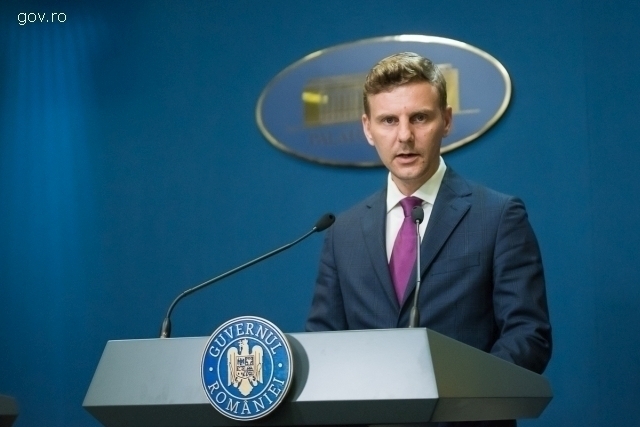Changes to the public-private partnership law
Public – private partnership in Romania has been recently regulated under an emergency ordinance issued by the Government.

Leyla Cheamil, 11.05.2018, 13:58
On Thursday, the Romanian Government adopted an emergency ordinance that regulates public-private partnership. Under the ordinance, public-private partnership is aimed at delivering, rehabilitating or extending assets that are to become part of the public patrimony. Also, the law regulates the possibility of running under a public-private partnership projects that entail exclusively the provision of a public service.
One of the main elements of a public — private partnership is that contractual relations must cover a period of at least 5 years, allowing the private partner to recover its investment and make a reasonable profit. Other important aspects relate to the funding of the project, which is mainly from private funds and, if applicable, by using jointly private and public funds or by distributing risks between the public and the private partners, depending on the capacity of each contracting party to assess, manage and control a certain risk.
Prime Minister Viorica Dancila has stated that the new provisions include measures for the local administration, and also stipulate the setting up, within a year, of a special fund to finance public-private partnerships at national level.
Viorica Dancila: “Romania has never had a successful public-private partnership law. So, this is first about unblocking the legislation, and compressing contract awarding deadlines based on a substantiation study according to which the private partners, are selected.”
The private investor who wins and concludes a public-private partnership contract becomes a private partner. The Government may decide, under a decree, that certain projects it deems strategic are to be prepared and awarded on behalf of the public partners that are to implement them by the National Strategy and Forecasting Committee.
The Government spokesperson Nelu Barbu has stated that the law is clear and it will be accompanied by a best practices guide that is not mandatory, but useful. Nelu Barbu: “The ordinance regulates the possibility of running public-private partnerships that entail exclusively the provision of a public service. For instance, the hospitals that need investments can benefit from such partnerships.”
The public partner has the right to monitor and control, all throughout the unfolding of the public-private partnership, the way in which the private partner meets its obligations, as stipulated in the partnership contract or in the applicable legal provisions.






























